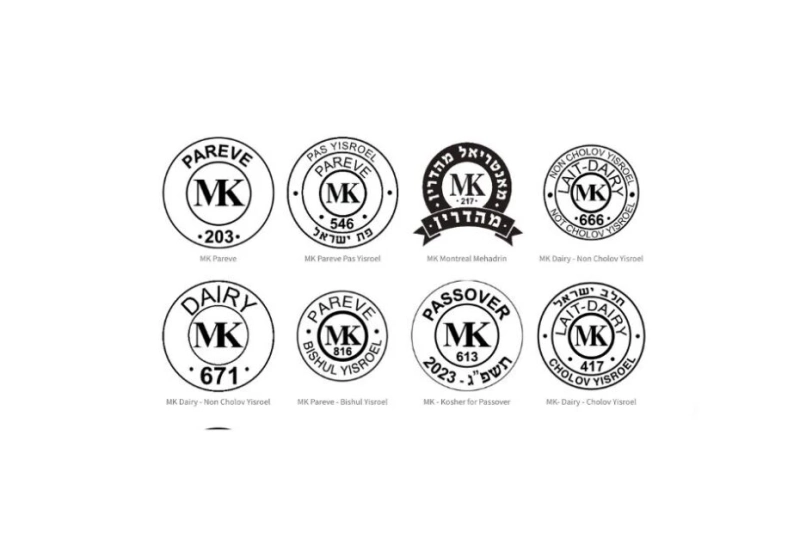The Significance of Kosher Certification in Canada
In the multicultural tapestry of Canada, diversity extends to dietary preferences and requirements, making kosher certification an important aspect of the country’s food industry. Being kosher certified in Canada is not only a testament to adherence to specific dietary laws but also a symbol of trust, quality, and inclusivity. In this blog, we’ll explore the significance of kosher certification in Canada and what it means for businesses and consumers alike.
Understanding Kosher Certification
Before delving into the importance of kosher certification in Canada, it’s crucial to understand the fundamentals of “kosher.” The term “kosher” is derived from the Hebrew word “kasher,” which means “fit” or “proper.” In the context of food, kosher refers to products that comply with Jewish dietary laws, as outlined in the Torah. Learn more Debunking Misconceptions About Kosher Certification.
Kosher dietary laws encompass various aspects of food production, including:
Sourcing of Ingredients: Kosher products must use ingredients that meet specific criteria. This includes the type of animals that can be consumed, the method of slaughter, and the avoidance of certain prohibited ingredients.Food Processing: Kosher-certified facilities adhere to strict guidelines during food processing to prevent cross-contamination and maintain the integrity of kosher ingredients.Supervision: A rabbi or a qualified individual oversees the entire production process, ensuring compliance with kosher standards.The Significance of Kosher Certification in Canada
1. Inclusivity
Canada is known for its diverse population, and kosher certification allows businesses to cater to the dietary needs of Jewish consumers. By offering kosher products, restaurants, food manufacturers, and retailers demonstrate inclusivity and a commitment to serving a wide range of customers.
2. Quality Assurance
Kosher certification is often associated with higher quality and cleanliness standards. The rigorous processes and inspections required for certification ensure that food is prepared with utmost care and attention to detail. This perception of quality extends to non-Jewish consumers who also trust kosher-certified products.
3. Export Opportunities
Canadian businesses with kosher certification gain access to international markets with substantial Jewish populations. Exporting kosher products can open doors to global markets, boosting economic growth and promoting Canadian products on the international stage.
4. Religious Observance
For Jewish consumers in Canada, kosher certification is not merely a preference but a religious requirement. It allows them to uphold their faith while enjoying a wide variety of food options. This is especially important during holidays and special occasions.
5. Food Safety
The stringent protocols followed in kosher-certified facilities contribute to food safety. The separation of dairy and meat products, strict hygiene standards, and thorough inspections minimize the risk of foodborne illnesses.
Conclusion
In Canada, being kosher certified is a reflection of a commitment to inclusivity, quality, and food safety. For businesses, it opens doors to a broader customer base and international markets. For consumers, it provides confidence in the quality and integrity of the products they consume. As Canada continues to celebrate its diverse culinary landscape, kosher certification plays a vital role in ensuring that everyone can enjoy delicious, safe, and culturally significant food options. It’s a symbol of unity in diversity and a testament to the importance of respecting and accommodating various dietary preferences and requirements in this multicultural nation.


